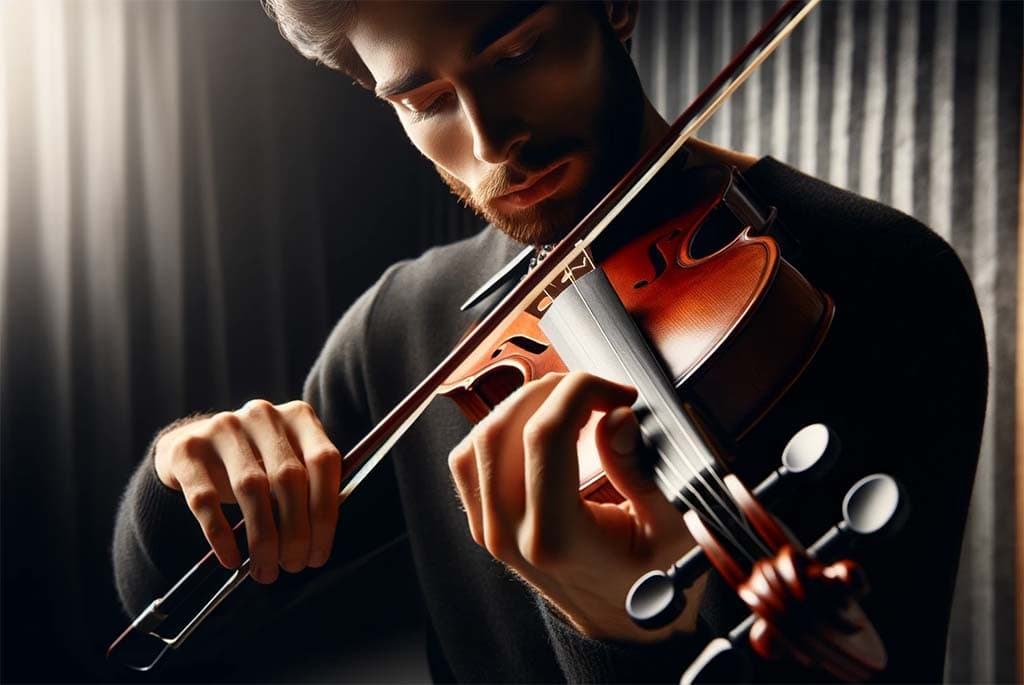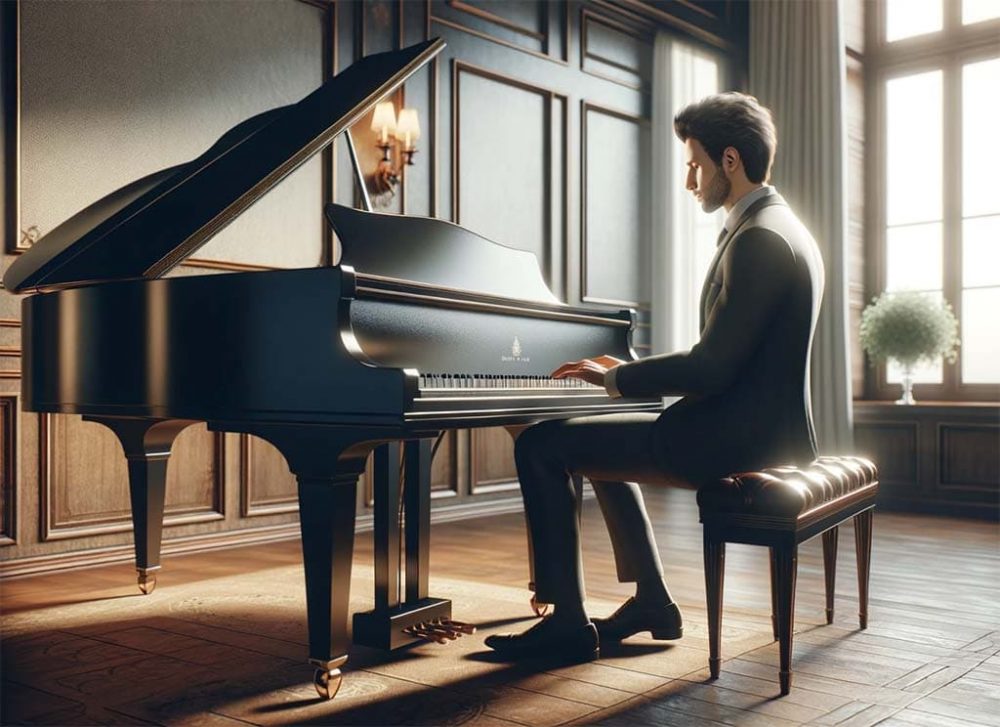Classical Music in the Modern Age: Harmonizing Tradition with Innovation
Classical music, often perceived as a relic of the past, continues to exhibit a surprising resilience and adaptability in the modern age. This genre, rooted in centuries-old traditions, has remarkably found ways to remain relevant, engaging new audiences while retaining its core devotees. The evolution of classical music in contemporary times is not just a story of survival; it’s a narrative of thriving innovation and enduring appeal. From concert halls to classrooms, from vinyl records to virtual reality concerts, classical music’s journey in the modern era is both fascinating and instructive.
The Enduring Appeal of Classical Music
Classical music’s appeal lies in its ability to convey a wide range of emotions and experiences, transcending time and cultural barriers. This genre continues to captivate audiences with its complexity, depth, and the sheer beauty of its compositions. In modern times, classical music has not just survived; it has flourished, finding new life in film scores, contemporary ballets, and even in popular music samples. The timeless nature of works by composers like Beethoven, Mozart, and Bach, resonates just as powerfully today as it did centuries ago, proving that great art never loses its relevance.
Classical Meets Contemporary: Fusion in Modern Compositions
In the modern age, classical music is not confined to a rigid structure of the past but is constantly evolving. Contemporary composers are blending classical elements with modern genres, creating unique and exciting fusion works. This blending has led to the emergence of new sub-genres that appeal to a broader, more diverse audience. These modern compositions honor classical traditions while injecting fresh, innovative elements, thereby expanding the genre’s boundaries and appeal.
Technology’s Role in Revitalizing Classical Music
Technology has played a pivotal role in the resurgence of classical music. Digital platforms have made classical music more accessible to a global audience. Streaming services, online radio stations, and digital libraries offer an extensive collection of classical pieces at the fingertips of listeners worldwide. Moreover, technology has enabled new forms of classical music presentation and consumption, such as virtual reality concerts, enhancing the listening experience and attracting a younger, tech-savvy audience.

Classical Music in Education and Social Development
Classical music continues to play a significant role in education and social development. Numerous studies have shown the benefits of classical music in enhancing cognitive abilities, reducing stress, and improving emotional well-being. In educational settings, classical music is used as a tool for learning and development, helping students in areas ranging from language acquisition to mathematical skills. Additionally, community classical music programs have become instrumental in social development, providing a means of cultural enrichment and personal growth.
The Changing Landscape of Classical Music Performances
The landscape of classical music performances has undergone considerable changes in the modern era. Traditional venues like opera houses and concert halls continue to host classical music events, but there has been a noticeable shift towards more unconventional spaces. Outdoor concerts, flash mobs, and interactive performances have helped in demystifying classical music, making it more approachable and enjoyable for the general public. These innovative performance styles have played a crucial role in breaking down the perceived barriers around classical music.
New Horizons: Classical Music’s Global Outreach
The rise of classical music in the 21st century has seen it transform into a truly global phenomenon, transcending its Western classical roots. This international expansion is not just about reaching new audiences but also about incorporating and respecting diverse cultural musical traditions. From Asia to Africa, classical music has found resonance, often blending with local musical styles to create a rich tapestry of sound. This not only broadens the appeal of classical music but also fosters a more inclusive understanding and appreciation of global musical heritage. In addition, the increasing participation of artists from various cultural backgrounds is bringing fresh perspectives and vitality to classical compositions, performances, and interpretations. This global outreach is a testament to the universal language of music, highlighting classical music’s unique ability to bridge cultural divides and unite people across the world.
The Future of Classical Music: Predictions and Possibilities
As we look towards the future, the trajectory of classical music is poised for further innovation and expansion. The fusion of classical music with emerging genres, the integration of cutting-edge technologies, and the growing emphasis on accessibility and inclusivity suggest a vibrant and dynamic future for this age-old genre. Emerging trends like AI-generated classical compositions and virtual reality performances are set to redefine the boundaries of classical music. Moreover, the growing importance of music education and community programs in nurturing the next generation of classical musicians and enthusiasts promises a sustained interest and appreciation for the genre. In essence, the future of classical music lies in its ability to evolve while honoring its rich heritage, ensuring its continued relevance and resonance in an ever-changing world.
